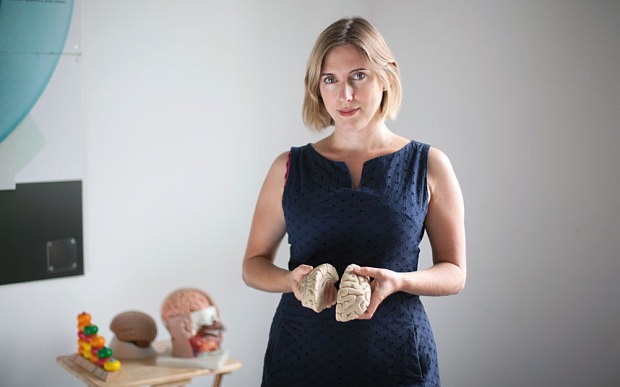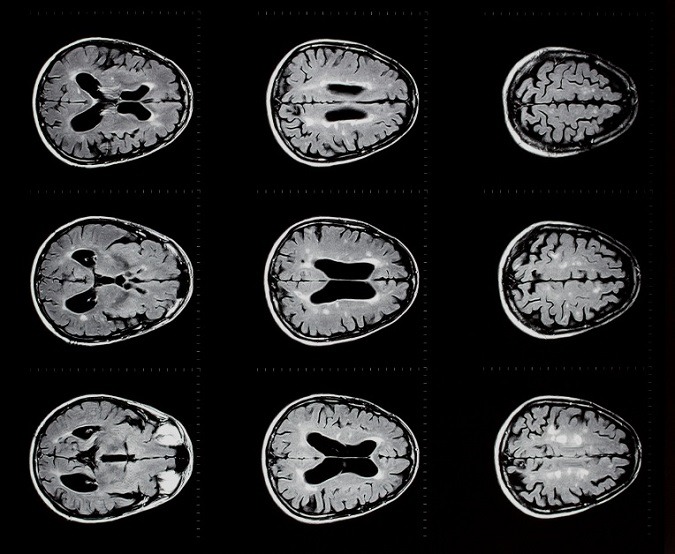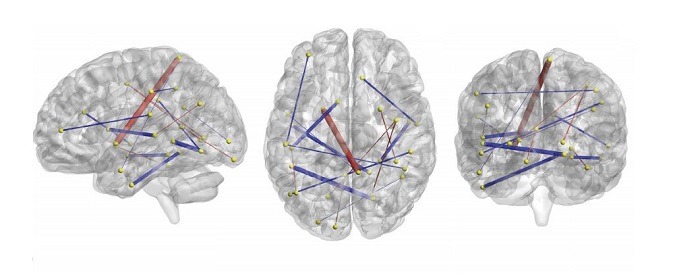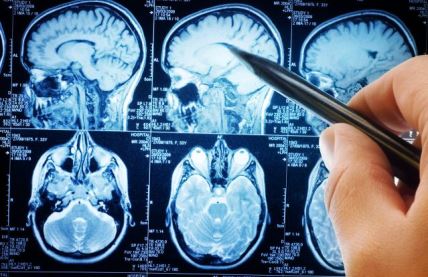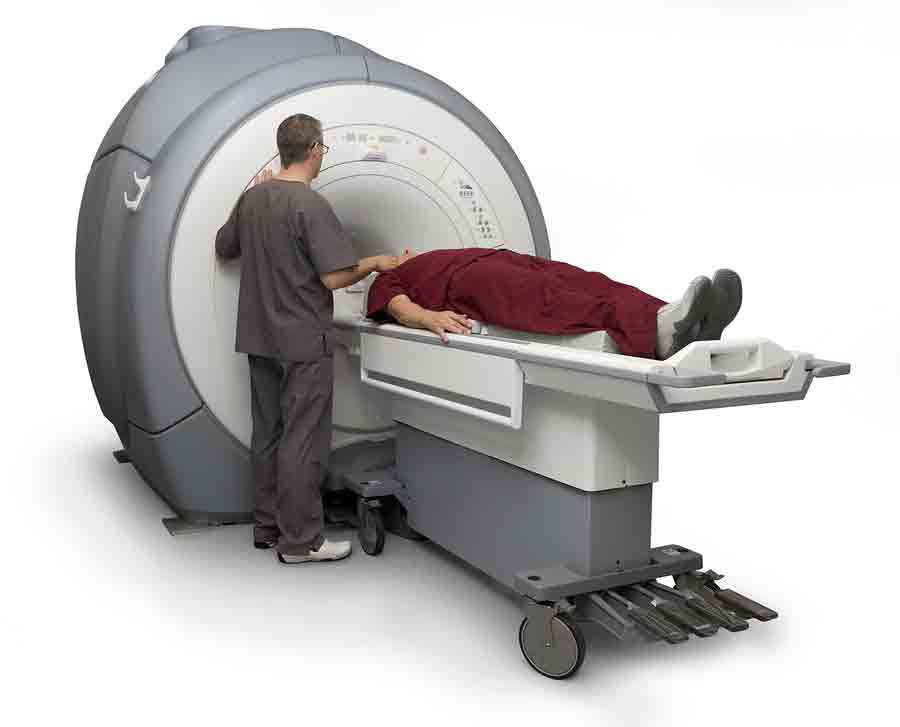Posts Tagged ‘magnetic resonance imaging’
Collaborative neuroimaging initiative BrainChart helps chart how brains change across the lifespan
For decades, growth charts have been used by paediatricians as reference tools. The charts allow health professionals to plot and measure a child’s height and weight from birth to young adulthood. The percentile scores they provide, especially across multiple visits, help doctors screen for conditions such as obesity or inadequate growth, which fall at the…
Read MoreNew book highlights continued brain development throughout adolescence, even into our 20s
_____ Neuroscientist Probes Myths About the Teenage Brain (Education Week): “We often think early childhood is this dramatic window of learning and development in the brain, and you’re highlighting adolescence as a different kind of window. Can you talk a little bit about that? I was told when I was an undergraduate that the human brain pretty…
Read MoreStudy combines MRI brain scans with statistics to better predict cognitive problems after stroke
___ New ‘brain health index’ can predict how well patients will do after stroke (ScienceDaily): “A new computer programme developed by scientists at the Universities of Edinburgh and Glasgow can assess whole brain deterioration and help predict cognitive function after stroke up to ten times more accurately than current methods. The new approach, published today…
Read MoreStudy combines neuroimaging with machine learning to predict, with 96% accuracy, whether high-risk 6‑month-old babies will develop autism spectrum disorder (ASD) by age 2
— A Single Brain Scan Has Been Used to Accurately Predict Autism at Just 6 Months Old (Science alert) “Researchers have used brain scans and artificial intelligence to spot differences in how key areas of infant brains synchronise, allowing them to accurately predict which babies would develop autism spectrum disorder (ASD) as a toddler…The research, led…
Read MoreStudy: Structural brain differences due to childhood poverty may account for 20% of the academic achievement gap
. Brain scans reveal how poverty hurts children’s brains (Bloomberg): “Growing up poor has long been linked to lower academic test scores. And there’s now mounting evidence that it’s partly because kids can suffer real physical consequences from low family incomes, including brains that are less equipped to learn.
Read MoreStudy: MRI scan technicians can experience negative neurocognitive effects
MRI workers experience transient neurocognitive effects (News Medical): “Individuals working in the vicinity of magnetic resonance imaging (MRI) machines may experience transient neurocognitive effects when moving their heads, research demonstrates…Study participants who completed standardized
Read More

